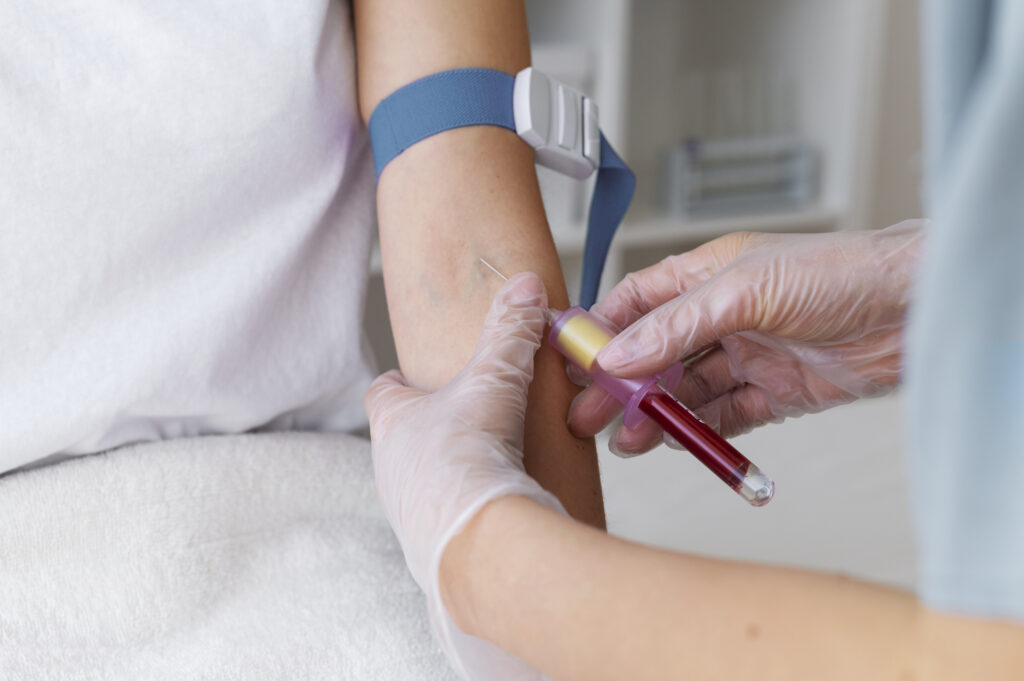Coeliac disease and gluten intolerance affect individuals worldwide, including those in the Philippines. Despite the prevalence of these conditions, many Filipinos may go undiagnosed due to limited awareness and access to diagnostic resources. If you suspect that you or a loved one may have coeliac disease or gluten intolerance, it’s essential to understand the testing process and seek proper medical evaluation. In this article, we’ll explore how to get tested for coeliac disease or intolerance in the Philippines.
Recognizing the Symptoms
The symptoms of coeliac disease and gluten intolerance can vary widely among individuals and may overlap with those of other gastrointestinal disorders. Common symptoms include:
- Digestive issues (e.g., diarrhea, constipation, bloating)
- Fatigue
- Weight loss
- Abdominal pain
- Nausea and vomiting
- Joint pain
- Skin rash (dermatitis herpetiformis)
- Anemia
- Depression or anxiety
If you or someone you know experiences persistent or recurring symptoms, especially after consuming gluten-containing foods, it’s crucial to consult a healthcare professional for evaluation.



Consulting a Healthcare Professional
To initiate the testing process for coeliac disease or gluten intolerance in the Philippines, schedule an appointment with a healthcare provider, such as a general practitioner or gastroenterologist. During the consultation, be prepared to discuss your symptoms, medical history, and any family history of autoimmune diseases or gluten-related disorders.
Your healthcare provider will conduct a thorough physical examination and may recommend further diagnostic tests to determine the underlying cause of your symptoms. These tests may include blood tests to check for specific antibodies associated with coeliac disease or genetic testing to identify gene variations linked to an increased risk of the condition.
Undergoing Testing
In the Philippines, diagnostic testing for coeliac disease typically involves the following steps:
- Blood Tests: Blood tests measure levels of antibodies, such as anti-tissue transglutaminase (anti-tTG) and anti-endomysial antibodies (EMA), which are elevated in individuals with coeliac disease. These tests are often the initial screening tool for diagnosing coeliac disease.
- Genetic Testing: Genetic testing can identify specific gene variations (HLA-DQ2 and HLA-DQ8) associated with an increased risk of coeliac disease. However, genetic testing alone cannot diagnose coeliac disease and is typically used to rule out the condition in individuals with negative results.
- Small Intestinal Biopsy: If blood tests indicate a high likelihood of coeliac disease, your healthcare provider may recommend a small intestinal biopsy to confirm the diagnosis. During a biopsy, a gastroenterologist obtains small tissue samples from the lining of the small intestine using an endoscope. These samples are then examined under a microscope for signs of damage consistent with coeliac disease.

Embracing a Gluten-Free Lifestyle
If you receive a diagnosis of coeliac disease or gluten intolerance, the primary treatment involves adopting a strict gluten-free diet. This means eliminating all sources of gluten from your diet, including wheat, barley, rye, and their derivatives. While initially challenging, following a gluten-free diet can alleviate symptoms, promote intestinal healing, and prevent long-term complications associated with coeliac disease.
In addition to dietary changes, individuals diagnosed with coeliac disease or gluten intolerance may benefit from working with a registered dietitian who specializes in gluten-free nutrition. A dietitian can provide personalized guidance, meal planning assistance, and support in managing the nutritional aspects of a gluten-free lifestyle.
